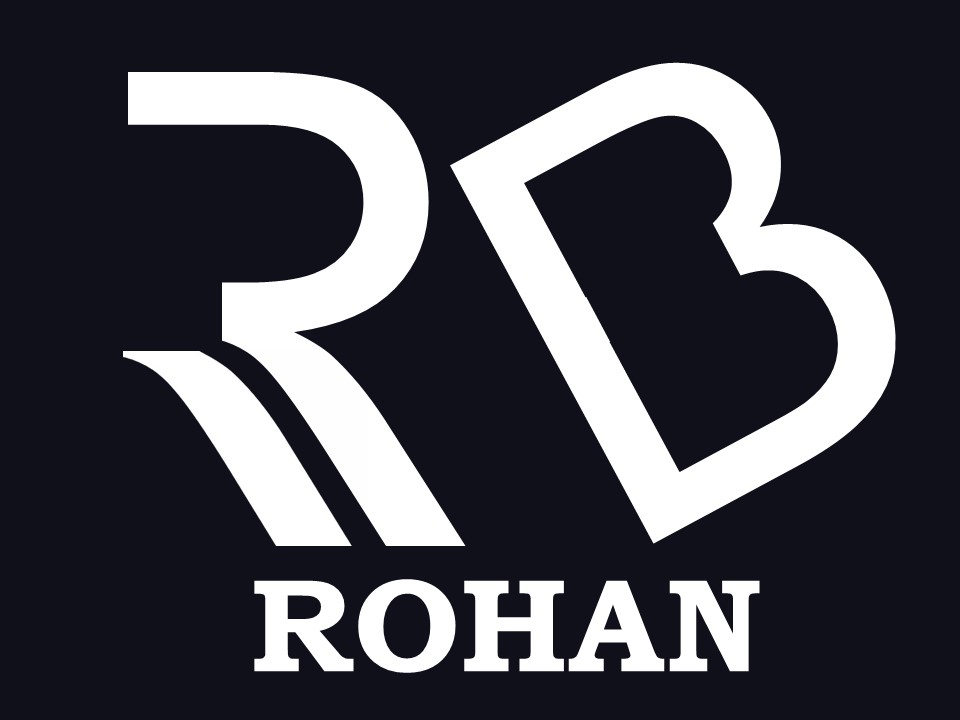| Bases of Difference | Cheque | Demand Draft | Bills of Exchange | Promissory Note |
| Meaning | Cheque is a written unconditional order directing a bank to pay the definite sum of money on demand or at the specified future date. | Demand draft is the negotiable instrument that is issued by bank to its clients directing another bank or one of its branches to pay certain sum of money the specific party. | Bills of Exchange is a written unconditional order by one party to another party to pay a specified sum of money, either immediately or at specified future date for the payment of goods and/or services received. | Promissory note is a written unconditional promise by one party to another party to pay a definite sum of money either on demand or at specified future date. |
| Stamp | It does not require stamping. | It does not require stamping. | It requires stamping. | It requires stamping. |
| Acceptance | It does not require acceptance. | It does not require acceptance. | It require acceptance. | It does not require acceptance. |
| Noted or Protested | If cheque is dishonored, it cannot be noted or protested. | ––– | If bills of exchange is dishonored, it can be noted or protested. | ––– |
| Crossing | Cheque can be crossed for safety. | No crossing is allowed. | No crossing is allowed. | No crossing is allowed. |
| Payable on | It is payable on bearer or to specified payee. | It is only payable to payee. | It is only payable to payee. | It is only payable to payee. |
| Grace Days | No provision of grace days. | 3 days of grace. | No provision of grace days. | No provision of grace days. |
| Validity period | Cheque is valid for three months from the date of issuance. | It is valid till the date specified in the instrument. | It is valid till the date specified in the instrument. | It is valid till the date specified in the instrument. |
| Drawee | Bank acts as drawee. | Bank or person acts as drawee. | Bank or person acts as drawee. | Bank or person acts as drawee. |
| Parties Involved | Three parties involved: Drawer, Drawee, and Payee. | Two parties involved: Drawer, and Payee. | Three parties involved: Drawer, Drawee, and Payee. | Two parties involved: Drawer, and Payee. |
| Countermand | It is easy to countermand. | It is difficult to countermand. | It is easy to countermand. | It is difficult to countermand. |
| Application | It is applicable in normal course of life. | It is applicable when large amount of funds to be transferred. | It is applicable in international trade. | It is applicable in normal course of lending money to friend, family or any organization. |
| Statuary Requirement * | Transaction of Rs. 50000 or more must be mandatorily carried out in cheque. | No mandatory requirements | No mandatory requirements | No mandatory requirements |
| Dishonor | Cheque can be dishonored. | Demand Draft is never dishonored. | Bills of exchange can be dishonored. | Promissory note can be dishonored. |
| Debtor or Creditor | Debtor writes or issues cheque. | ––– | Creditor writes bills of exchange. | Debtor writes promissory notes. |
| Drawer and Payee | Drawer and payee can be same person. | Drawer and payee can be same person. | Drawer and payee can be same person. | Drawer and payee cannot be same person. |
Note:
* Only applicable in Nepal

إرسال تعليق